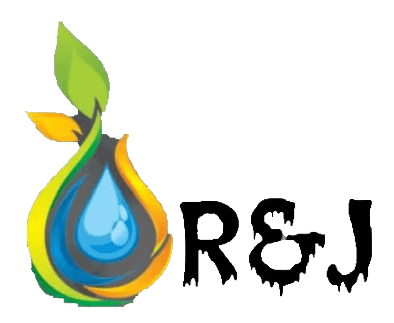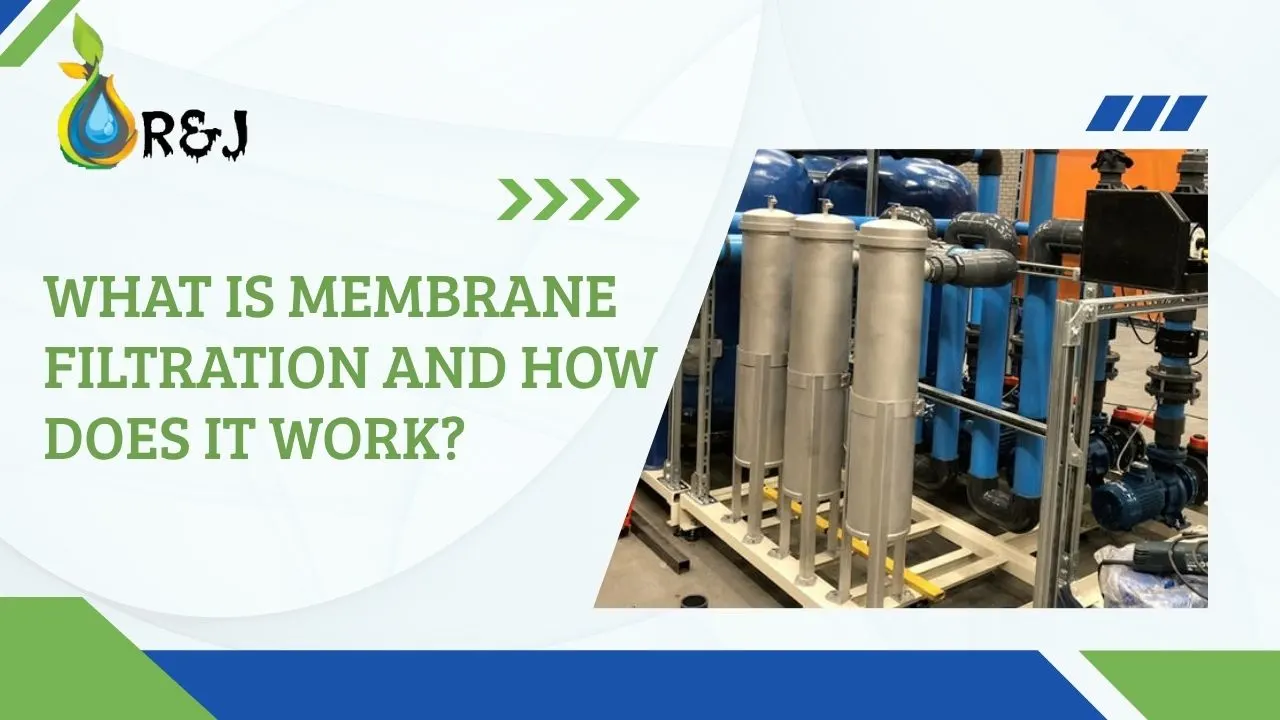In the field of water and wastewater treatment, membrane filtration is one of the most advanced and effective purification techniques. It plays a critical role in separating impurities, microorganisms, and dissolved substances from water, ensuring it meets high-quality standards for industrial, commercial, or domestic use.
R&J Waste Water Treatment Organization, a trusted name in the water purification industry, continues to offer and provide innovative filtration solutions designed to meet the needs of diverse sectors. Their systems utilize advanced membrane filter technology to ensure clean, safe, and sustainable water treatment performance.
What is a Membrane Filtration ?
Membrane filtration is a separation process that uses a thin, semi-permeable barrier—known as a filtration membrane—to separate contaminants from liquids. This process works on the principle of size exclusion, where particles larger than the membrane’s pores are retained, and smaller molecules like clean water pass through. Membrane Filtration allows water molecules to flow through tiny pores in a filter membrane, while rejecting impurities such as bacteria, viruses, colloids, and dissolved salts (depending on the membrane type).
How Does Membrane Filtration Work?
The working principle of membrane filtration involves forcing water through a selective barrier (the membrane) under pressure. Depending on the pore size and the type of contaminants to be removed, different filtration membranes are used.
Here’s a step-by-step overview of how the process works:
- Feed Water Enters the System: Contaminated water is pumped into the membrane filtration unit.
- Pressure Application: Pressure is applied to push the water through the filter membrane.
- Separation Process: The membrane allows only specific molecules (like water) to pass through while retaining particles, microorganisms, and impurities.
- Permeate and Retentate Streams:
- Permeate – The purified water that passes through the membrane.
- Retentate (Reject Stream) – The concentrated impurities that remain behind.
- Collection and Disposal: The clean permeate is collected for use, while the concentrated waste is treated or disposed of responsibly.
Also Read : Benefits of Implementing a Reverse Osmosis (RO) System
Types of Membrane Filtration
Membrane filtration can be categorized into several types based on pore size and the kind of particles it removes. The four primary types are:
1. Microfiltration (MF)
- Pore Size: 0.1 to 1 micron
- Removes: Suspended solids, bacteria, and some larger colloids
- Common Applications: Food and beverage processing, wastewater pretreatment
2. Ultrafiltration (UF)
- Pore Size: 0.01 to 0.1 micron
- Removes: Proteins, colloids, and most microorganisms
- Common Applications: Drinking water purification, wastewater recycling, and biotechnology
3. Nanofiltration (NF)
- Pore Size: 0.001 to 0.01 micron
- Removes: Organic molecules, small colloids, and multivalent ions
- Common Applications: Softening water, color removal, and partial desalination
4. Reverse Osmosis (RO)
- Pore Size: Less than 0.001 micron
- Removes: Dissolved salts, heavy metals, and nearly all impurities.
- Common Applications: Desalination, drinking water production, and high-purity water systems
R&J Waste Water Treatment Organization continues to offer all these types of membrane filtration systems to suit various industrial and municipal water treatment needs.
Advantages of Membrane Filtration
The membrane filter process offers several key benefits that make it a popular choice for modern water treatment systems:
- High Purity Output: Removes particles, bacteria, and dissolved impurities effectively.
- Chemical-Free Process: Works primarily through physical separation.
- Compact and Modular Design: Easy to install and expand as needed.
- Low Operating Cost: Minimal energy consumption and maintenance.
- Environmentally Friendly: Reduces chemical use and waste generation.
- Consistent Quality: Delivers stable water quality even with varying input conditions.
R&J Waste Water Treatment Organization continues to provide advanced membrane-based purification systems tailored to client needs across industries.
Membrane Filtration is a powerful, efficient, and eco-friendly technology used to purify water by removing contaminants through a filter membrane. It operates on the simple yet effective principle of pressure-driven separation, ensuring high-quality and safe water output.
As a trusted name in the field, R&J Waste Water Treatment Organization continues to offer world-class membrane filter systems and services designed to meet industrial, municipal, and domestic needs. Our commitment to quality, innovation, and sustainability ensures that every filtration system delivers long-term performance and cleaner water.

